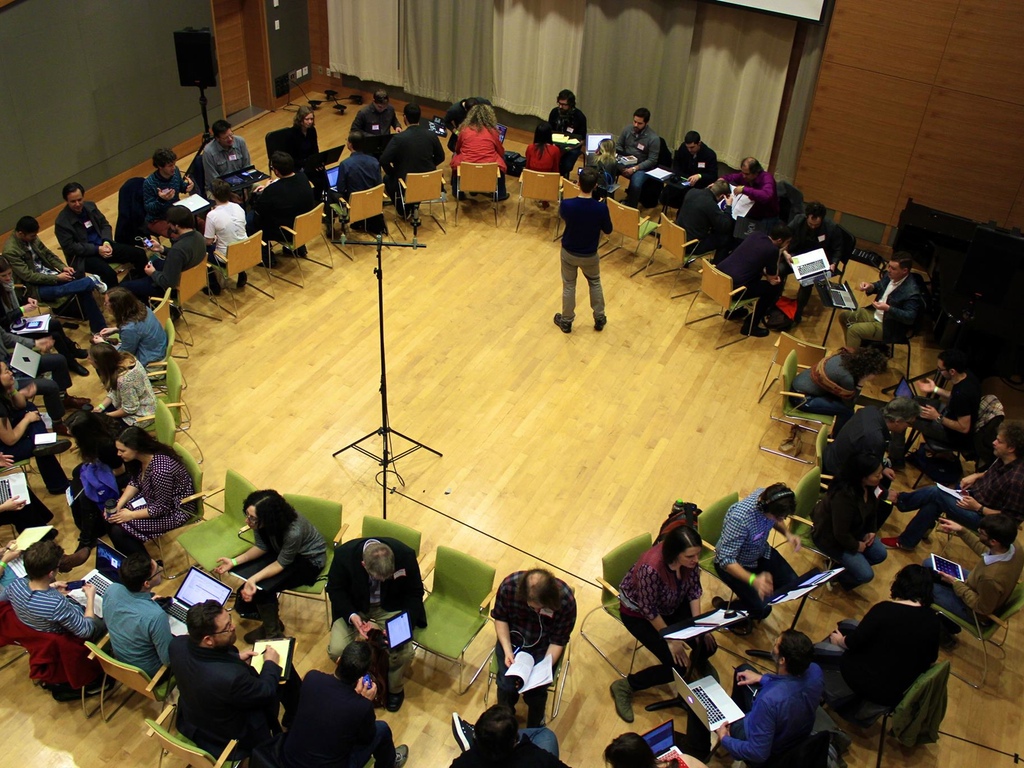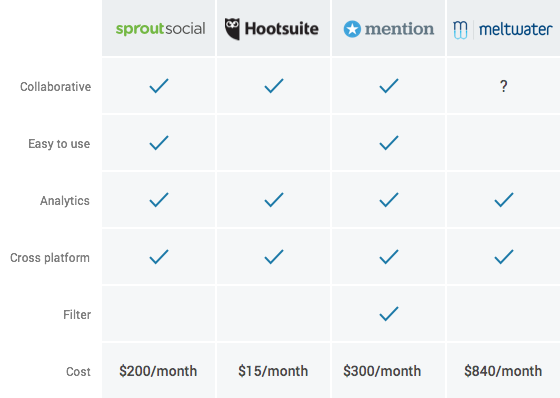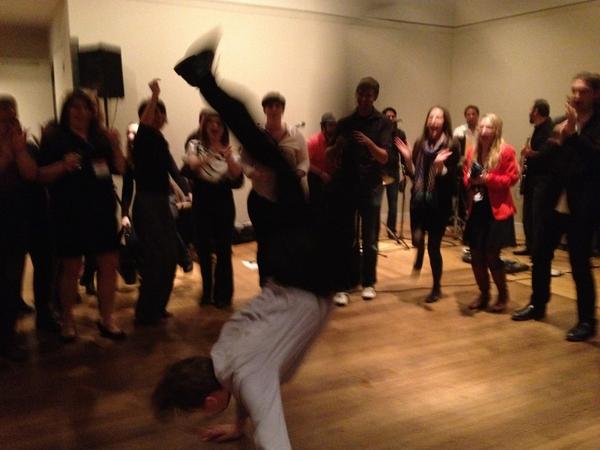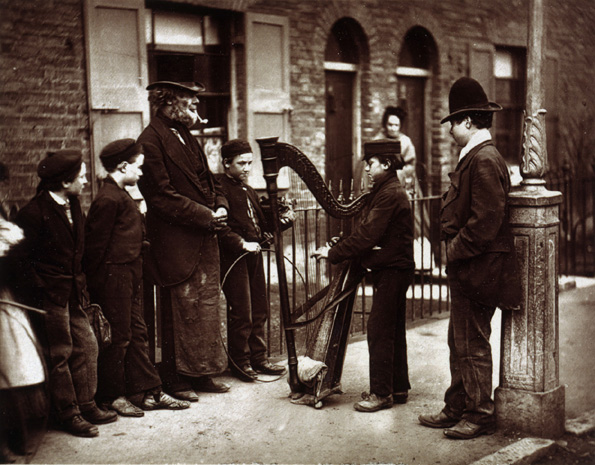I’m doing it again. I’m going to a conference full of composers and new music freaks to talk about the inflation curve. I love the New Music Gathering. It’s a great event full of love for the music, and for the people who make it. It’s fantastic. And this year it’s coming to my alma …
Tag Archives: community
How Non-Profits Can Learn From Tech Startups
There’s a lot non-profits can learn from the tech industry. Of course, when I say that, sometimes people think I mean that non-profits should emulate startups and their culture, complete with the venture capital, the ping pong, and the gender equity issues. Unsurprisingly, that’s not what I mean. For more on the tech sector’s issues …
Continue reading “How Non-Profits Can Learn From Tech Startups”
The Met in HD, MOOCs, and the Distributors of the Future
There’s a fascinating discussion going on right now. It’s about what the arts sector will look like for the next couple of generations. The most recent chapter was started by Michael Kaiser, picked up by Diane Ragsdale, and then continued by Adam Huttler. Basically, Michael is arguing for increased efficiency in our organizations (better marketing …
Continue reading “The Met in HD, MOOCs, and the Distributors of the Future”
NAMPC post-game
The National Arts Marketing Project conference was a blast. There were lots of smart people, the conference was very well organized, and I was upside down (photo credit: @lynnekingsley). It rocked. I spoke with Sara Eileen Hames and Casey Middaugh about how arts organizations can use Kickstarter to rapidly prototype programming ideas while engaging communities. …
Arts, meet Capital. Then meet crowdfunding.
I’m thinking a lot about how artists and small organizations are similarly structurally cash-poor (we try hard to make art, not save or earn money), and about the boundary in the arts between the structurally cash-poor actors and the structurally cash-rich ones: foundations, governments, Big Content(tm), corporate donors, and individual wealthy people. I got started …
Continue reading “Arts, meet Capital. Then meet crowdfunding.”
Connection Wealth for Artists
So, social connection and money both solve similar coordination problems. And for a couple centuries doing economics meant you could basically ignore the social connection category of wealth, because it was a pain in the ass to analyze and it wasn’t that powerful, really. But now there are a ton more social connections and those …





